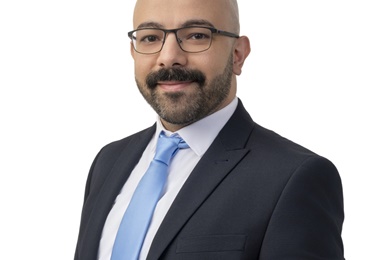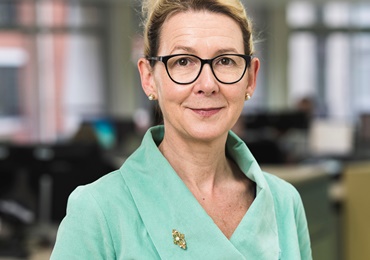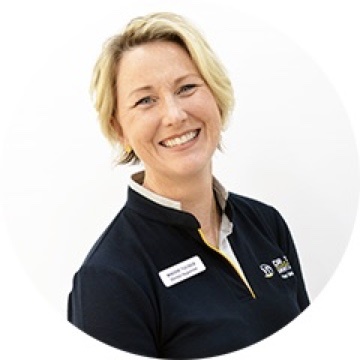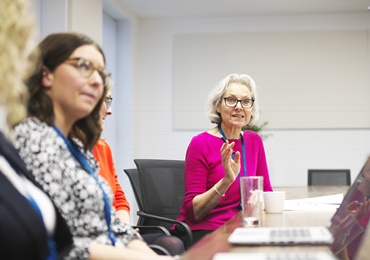How effective is our decision making process?

Steve Townsley is a non-executive and independent chair for the fitness to practise (FtP) Decision Scrutiny Group (DSG)
I joined the General Dental Council (GDC) in January 2019 as a non-executive and independent chair for the fitness to practise (FtP) Decision Scrutiny Group (DSG). After learning a whole new raft of three letter abbreviations (TLA's ), I thought it was time to say a bit more about the work of the group and what we are trying to achieve.
The GDC's fitness to practise powers are extensive, and how it decides to use them always has a big impact. At one end of the spectrum, it can tell dental patients who have raised concerns that it won't take any further action on the issues which have affected them; and at the other extreme it can decide to remove a dental practitioner from the register and effectively end a career. It's hard to think of more critical decisions for the people involved. Such power brings the responsibility to use it:
- fairly and reasonably, to achieve sensible outcomes
- correctly, so that each case is handled in line with the relevant legislation and published guidance
- proportionately, so that each case is handled according to the risk it represents
- efficiently, so that costs are controlled.
In 2018, the GDC set up the DSG to look impartially at a random selection of fitness to practise decisions taken from all stages, irrespective of outcome, ranging from those that were closed after a couple of phone calls to those that went all the way through to panel hearings. The group consists of senior people from across the GDC and meets quarterly. Summarising greatly, we look at two things.
Firstly, we look at the actual outcomes of decisions to determine if they are a fair and reasonable use of the GDC's powers, and secondly, we look at the procedures the GDC follows to see if they are correct, proportionate and efficient. The interplay between the two components is crucial.
Obviously, to many people, the first component will be of primary importance. No organisation can afford to get its key decisions wrong, but equally if you show me an organisation that claims it has never made a mistake (at least in the eyes of some of its customers), then I'll show you an organisation that probably doesn't have a close relationship with the truth. As an outsider looking in, I think it's both brave and commendable for the GDC to open itself up to scrutiny in the way it has.
I think the second part of the remit is equally valuable. To mix a lot of metaphors, it allows us to get under the skin of a decision, to see what's going on under the bonnet and to keep everything and everybody on the straight and narrow. More practically, it allows us to find examples where the GDC has rapidly identified the correct procedure, carried out a proportionate investigation and managed the case efficiently from beginning to end, so it can spread the good practices. We can also identify cases where this hasn't happened and share the lessons learned on prevention.
So, after five months, the obvious question to ask is what has the DSG seen and achieved so far?
Well, inevitably, for a body which meets quarterly, it's early days. But to date, I've noticed three themes:
Firstly, I have minimal concerns about the way the GDC is using its powers. With very rare exceptions, the outcomes of virtually all the cases I have seen seem to me to be fair and reasonable, and actions are in train concerning the others.
Secondly, the organisation is exceptionally keen to learn and to deliver the best service it can, within its legislative framework.
And finally, many of the initiatives described in the GDC's Shifting the balance programme, such as improving public information, understanding the concept of "seriousness" and linking its procedures more clearly with risk to patients, are vital and important steps for it to take.
I will keep an independent eye on how things develop at the sharp end of decisions and I'm looking forward to seeing how new ideas work out in practice.
 eGDC
eGDC

















